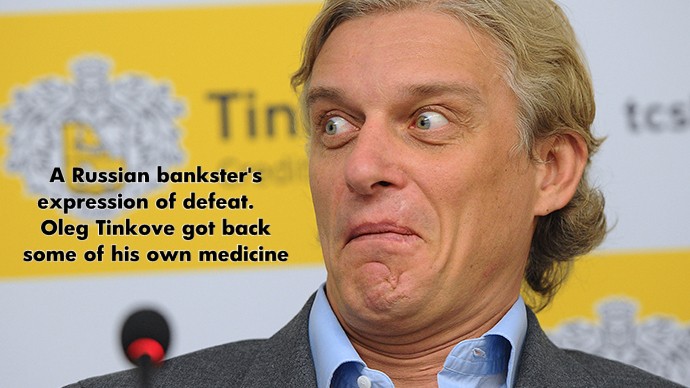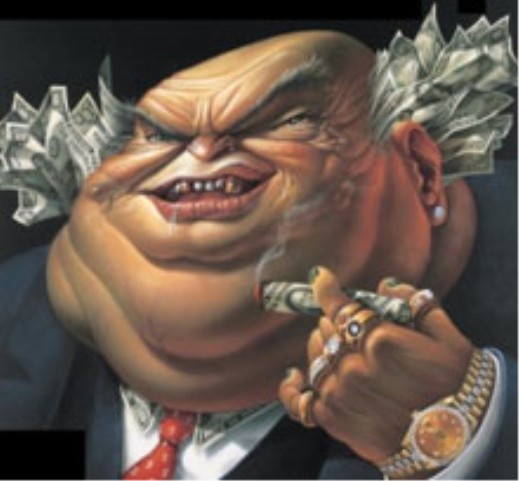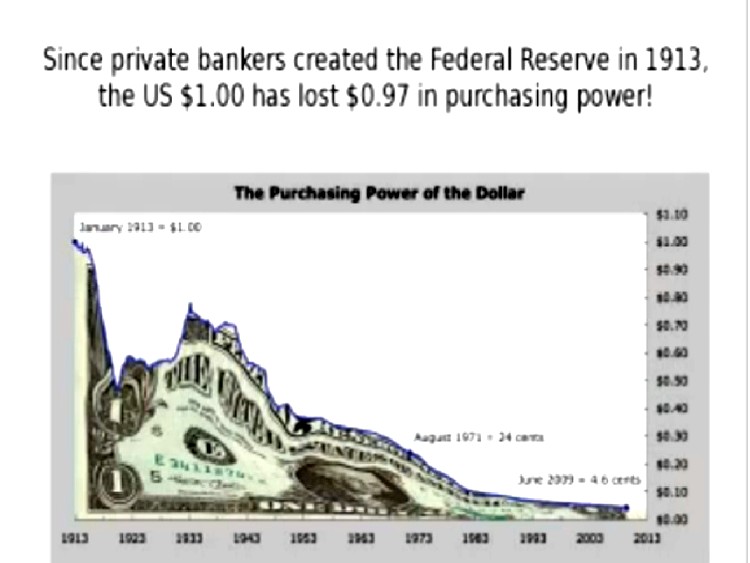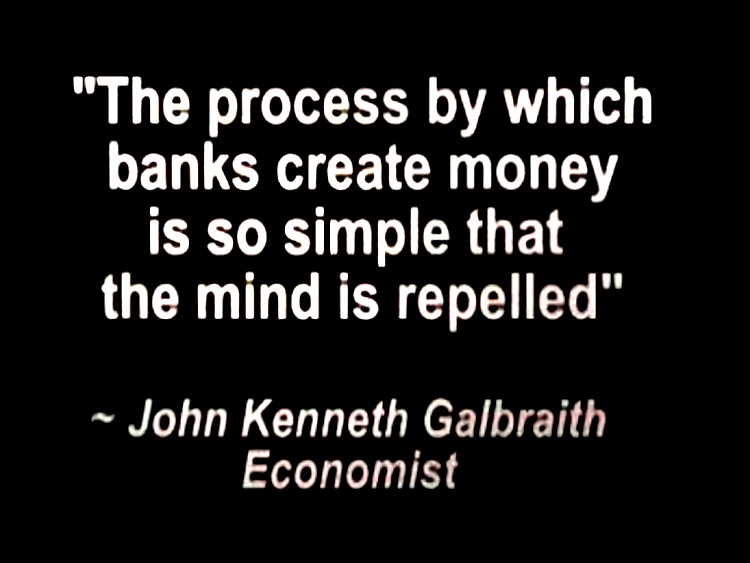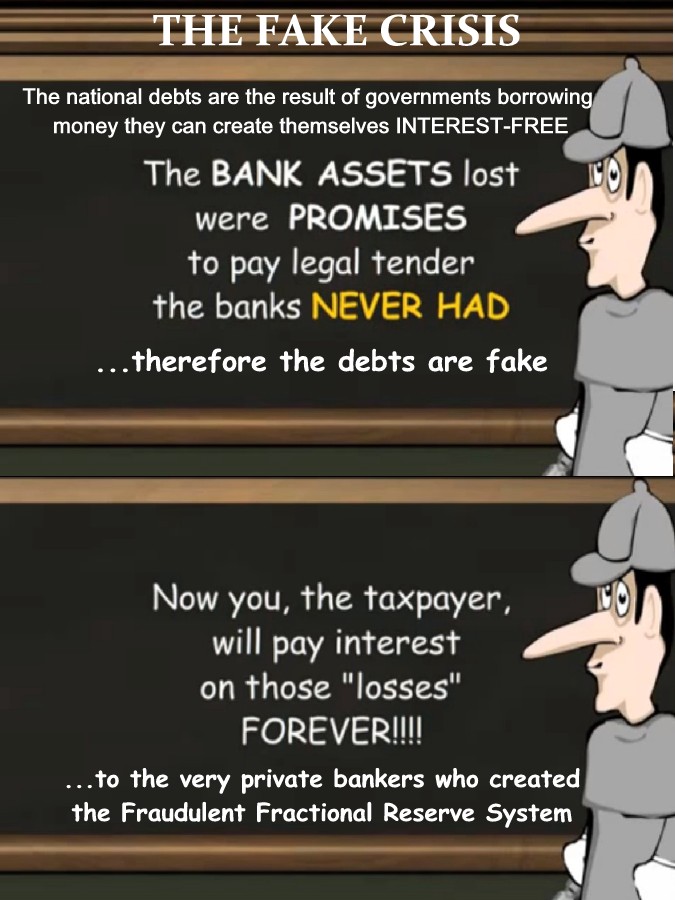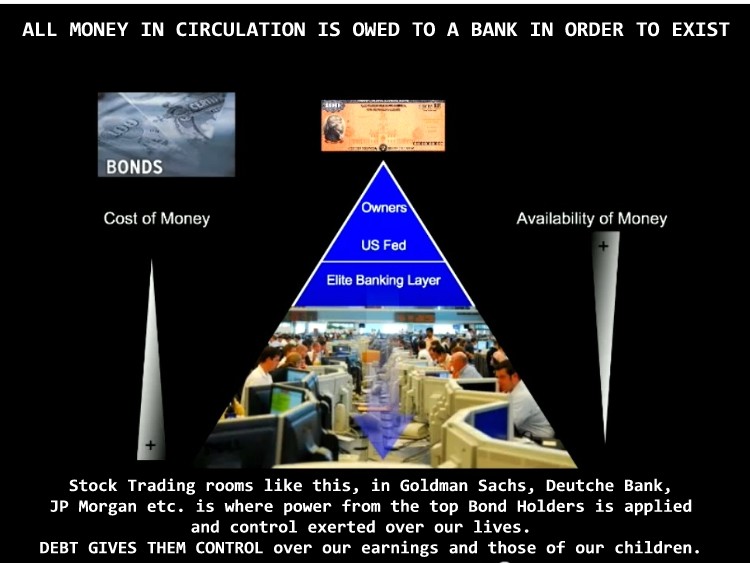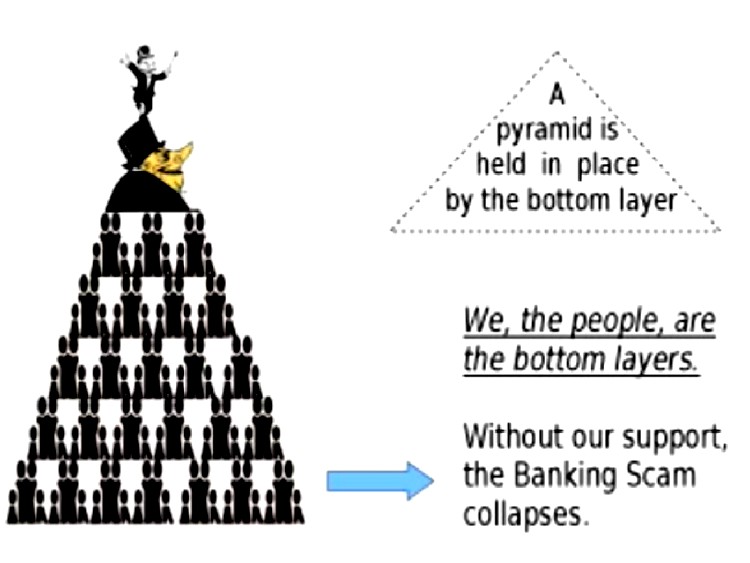







POSITIVE MONEY
RUSSIAN BEATS BANK AT ITS OWN GAME
by Rafael Zambrana Aug 10, 2013
by Rafael Zambrana Aug 10, 2013
Recent Articles
In 2008 a 42 year old Russian named Dmitry Agarkov decided to change the unfair terms of the contract in an unsolicited credit card he received via Internet, and sent it back to Tinkoff Credit Systems, the largest online bank.
The bank approved the contract without reading it, which is similar to what the vast majority of people do when they sign these small print hidden clauses that later come back to haunt them..
Once I got off from a contract when I did the same thing with a company in Houston installing an alarm system, that soon proved to be useless when my store got broken into only a week after they had installed it. I had changed the terms of the long contract by hand, crossing off the text I didn't agree with, and when they finished the installation I signed it, he signed it and gave me a copy with the changes undisturbed. They tried to collect the penalty for breaking the contract but soon desisted.
In the case of Agarkov's credit card contract, the trick was that he simply scanned the bank’s document and ‘amended’ the small print with his own terms.
He opted for a 0 percent interest rate and no fees, adding that the customer "is not obliged to pay any fees and charges imposed by bank tariffs." The bank, however, didn’t read ‘the amendments’, as it signed and certified the document, as well as sent the man a credit card.
Under the agreement, the bank OK'd to provide unlimited credit, according to Agarkov’s lawyer Dmitry Mikhalevich .
The URL of the site where the terms and conditions were published and hedged against the bank’s breaking of the agreement, was also changed by Agarkov. For each unilateral change in the terms provided in the agreement, the bank agreed to pay the customer (Agarkov) 3 million rubles ($91,000), or a cancelation fee of 6 million rubles ($182,000).
After two years of active use, the bank decided to cancel Agarkov's credit card because of overdue payments. In 2012, the bank sued Agarkov for 45,000 rubles ($1,363) - an amount that included the remaining balance, fees, and late payment charges, which violated the official agreement, but NOT the one it had signed inadvertly with its client Agarkov.
The court decided that the agreement Agarkov crafted was valid, and required him to settle only his balance of 19,000 rubles ($575).
The bankers had to admit the mistake, says Agarkov’s representative Dmitry Mikhalevich.
"They signed the documents without looking. They said what usually their borrowers state in court: 'We have not read it,'” as a failed attempt on their defense says Mikhalevich.
Because of the victory, Agarkov decided to sue Tinkoff Credit Systems for fines of 24 million rubles ($727,000 dollars) for not honoring the terms of the agreement, and the decision to terminate the contract without paying 6 million rubles ($182,000) fee.
The Bankster Tinkov says:
”We don’t have small print, everything is clear and transparent. Try to open a card - then we'll talk. Stealing is a sin - in my opinion, of course. Not all in Russia think so" He ads: "It's a matter of principle" to try to collect what he thinks is his, which is rather amusing because the Fractional Reserve Banking System he's using is in itself a fraudulent mechanism to fleece the working people, the governments and businesses off their wealth wherever it is used around the world.
The next hearing will be held in September.
"Those who can give up essential liberty to obtain a little
temporary safety, deserve neither liberty, nor safety"
Benjamin Franklin
temporary safety, deserve neither liberty, nor safety"
Benjamin Franklin
"The bankers own the earth.
Take it away from them, but leave them the power to create money, and with a flick of the pen they will create enough money to buy it back again.
However, take away from them the power to create money, and all the great fortunes like mine will disappear, for this would be a happier and better world to live in.
But, if you wish to remain the slaves of bankers and pay the cost of your own slavery, let them continue to create money."
-Sir Josiah Stamp
Former Director of
the Bank of England
Let's end Fractional Reserve Banking
Take it away from them, but leave them the power to create money, and with a flick of the pen they will create enough money to buy it back again.
However, take away from them the power to create money, and all the great fortunes like mine will disappear, for this would be a happier and better world to live in.
But, if you wish to remain the slaves of bankers and pay the cost of your own slavery, let them continue to create money."
-Sir Josiah Stamp
Former Director of
the Bank of England
Let's end Fractional Reserve Banking
